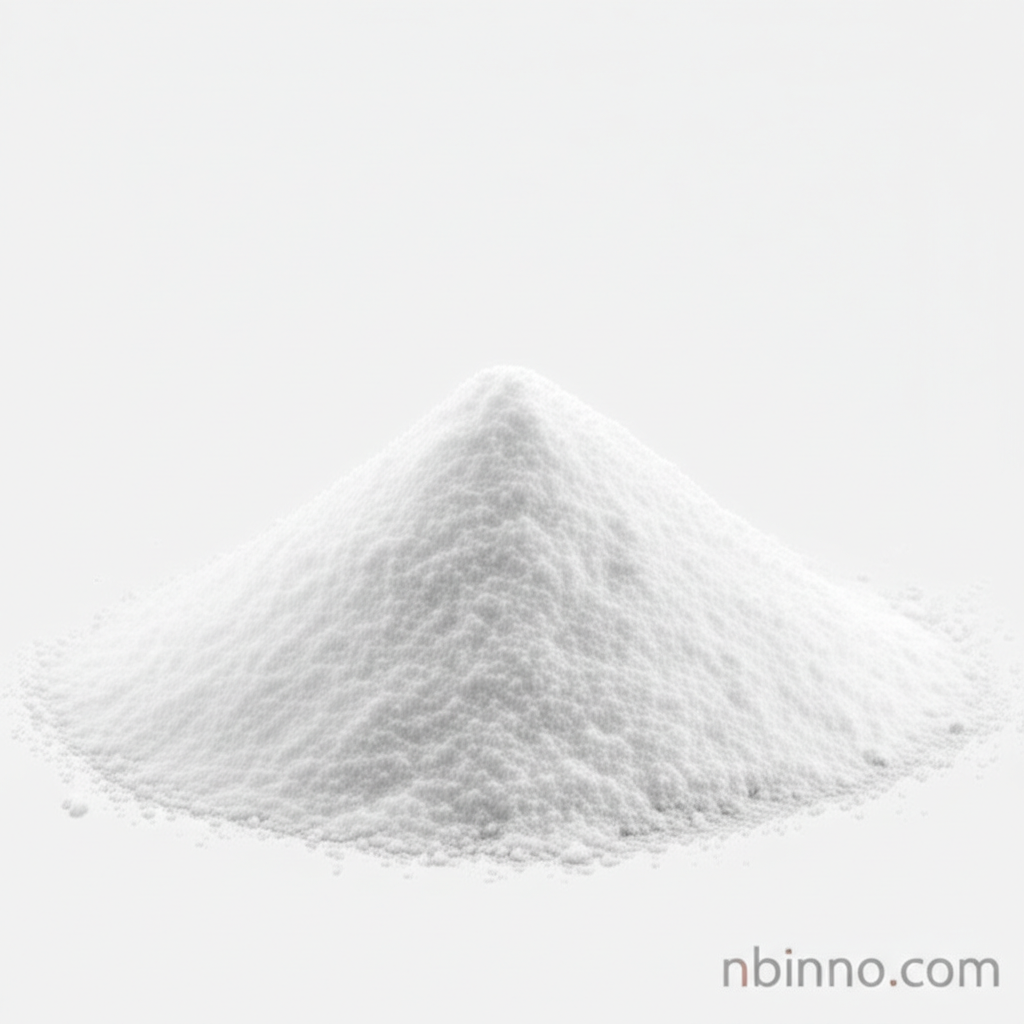Sucralose CAS 56038-13-2: Unpacking the Science Behind This Artificial Sweetener
Explore the scientific landscape of sucralose, from its origins to its complex health implications.
Get a Quote & SampleProduct Core Value

Sucralose
Sucralose (CAS 56038-13-2) is a popular artificial sweetener and sugar substitute, known for its intense sweetness and zero-calorie profile. It's widely incorporated into various food and beverage products due to its stability across different temperatures and pH levels, making it a versatile ingredient in baking and processed foods.
- Investigating sucralose health risks reveals a complex scientific narrative with ongoing research into its metabolic effects.
- Exploring sucralose gut health impacts, studies suggest potential alterations to the gut microbiome and associated metabolic disturbances.
- Understanding sucralose metabolism shows that it is largely excreted unchanged, yet its interactions within the body are a subject of scientific scrutiny.
- The link between sucralose diabetes risk is an area of active research, with some studies suggesting potential associations that warrant further investigation.
Advantages of Understanding Sucralose
Informed Consumption
By understanding the sucralose scientific studies, consumers can make more informed choices about their dietary intake.
Regulatory Awareness
Delving into sucralose regulatory status provides insight into how this sweetener is managed globally and the scientific basis for its approval.
Metabolic Health Insights
Learning about sucralose metabolism and its potential effects on sucralose liver inflammation can guide healthier lifestyle choices.
Key Applications
Food Industry
Sucralose is extensively used in the food industry as a low-calorie sweetener in a vast array of products, from baked goods to beverages, as part of its sucralose health risks research landscape.
Beverage Production
Its stability and sweetness intensity make it a favored choice for 'diet' drinks, coffee creamers, and other beverages, contributing to discussions on sucralose gut health.
Dietary Supplements
Sucralose is often found in dietary supplements and protein powders, aiming to enhance palatability without adding calories, a factor in sucralose diabetes risk studies.
Pharmaceuticals
While less common, it can be used in some pharmaceutical formulations to mask unpleasant tastes, a detail relevant to the broader context of sucralose scientific studies.
